Mercedes Sosa, in the tapestry of Argentine music, few voices echo as profoundly as that of Mercedes Sosa. Born on July 9, 1935, in Tucumán, Argentina, Sosa’s life was a lyrical journey that resonated with the struggles, triumphs, and soul of Latin America. This blog delves into the rich tapestry of her biography, exploring the roots of her music, the challenges she faced, and the indelible mark she left as the folkloric songbird of Argentina.
Early Life and Musical Awakening:
Mercedes Sosa’s childhood was steeped in the traditional sounds of Argentina. Raised in poverty, her musical education began on the dusty streets of Tucumán, where folk songs and indigenous melodies served as the soundtrack of her formative years. Drawn to the power of music as a form of expression and solace, Sosa’s voice emerged as a beacon of hope amid adversity.
The Rise of the Nuevo Cancionero Movement:
In the 1960s, Argentina was undergoing a cultural renaissance, and Sosa found herself at the forefront of a movement known as Nuevo Cancionero, or the New Song Movement. This artistic and political movement sought to revive and reinterpret traditional Latin American folk music, infusing it with contemporary social and political commentary. Sosa’s voice became the rallying cry for the disenfranchised and a symbol of resistance against social injustice.
Exile and Return:
However, Sosa’s advocacy for social change came at a cost. In the 1970s, during a tumultuous period of political unrest in Argentina, she faced persecution due to her association with leftist ideologies. Forced into exile, Sosa continued to use her music as a tool for social change, performing on international stages and amplifying the voices of those silenced by oppression. Her exile became a poignant chapter in her biography, reflecting the challenges faced by artists who dared to challenge the status quo.
Voice of the Voiceless:
Sosa’s music was more than an art form; it was a conduit for the silenced and marginalized. Her deep, resonant voice echoed the stories of indigenous peoples, farmers, and the oppressed. Songs like “Gracias a la Vida” and “Solo le Pido a Dios” became anthems of resilience and hope, transcending borders and inspiring listeners across Latin America and beyond.
The Global Stage:
As Sosa’s fame grew, so did her impact on the global stage. Her performances in prestigious venues such as Carnegie Hall and the Vatican showcased the universality of her music. Sosa’s ability to convey raw emotion through her voice, coupled with lyrics that spoke to the human condition, made her an international sensation. She became not just an icon of Argentine folk music but a symbol of the power of music to unite and heal.
Return to Argentina:
With the return to democracy in Argentina in the 1980s, Sosa also returned to her homeland. Her triumphant comeback marked a new chapter in her biography. The Argentine people welcomed her as a cultural hero, and she continued to use her platform to advocate for human rights, social justice, and the preservation of indigenous cultures.
Musical Evolution and Collaborations:
Sosa’s artistic journey was marked by a willingness to evolve while staying true to her roots. Her collaborations with artists from diverse genres, including rock and pop, showcased her versatility. Sosa’s ability to seamlessly blend traditional folk elements with contemporary sounds contributed to the timeless appeal of her music.
Legacy and Cultural Impact:
Mercedes Sosa’s legacy extends far beyond the realm of music. She is remembered as a cultural ambassador whose work transcended artistic boundaries. Her commitment to social justice and the celebration of Latin American culture left an indelible mark. The UNESCO Peace Prize she received in 1994 was a testament to the impact of her music in fostering understanding and harmony.
Final Years and Eternal Voice:
As Sosa entered the twilight of her career, her voice retained its power and emotional resonance. Even in the face of health challenges, she continued to perform and record, leaving behind a discography that spans decades. Her final years were a testament to the enduring spirit of an artist whose commitment to her craft and her people remained unwavering until the end.
Conclusion:
Mercedes Sosa’s biography is a melodic journey through the heart of Latin America. Her life, marked by humble beginnings, political strife, and a commitment to justice, paints a portrait of an artist whose voice transcended borders and spoke to the soul of a continent. In the annals of Argentine music, Sosa stands as a luminary, a songstress whose melodies will forever echo in the hearts of those who find solace, inspiration, and hope in the timeless power of her music. Her biography is not just a chronicle of a life well-lived; it is a testament to the enduring legacy of a woman whose voice continues to resonate, an eternal songbird of Argentina.
.- Youtube Feature Video: Mercedes Sosa – Gracias A La Vida Link here.


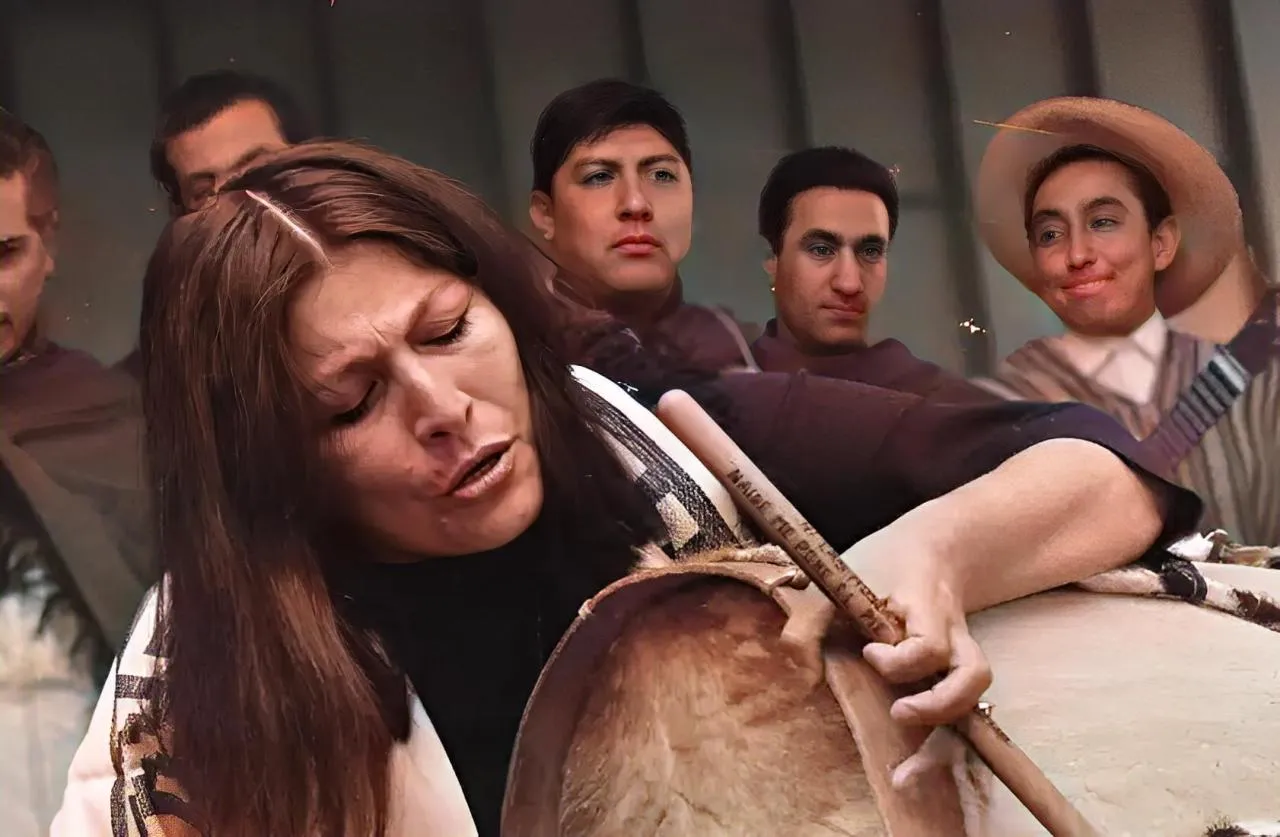





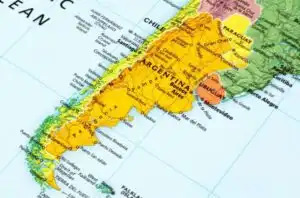

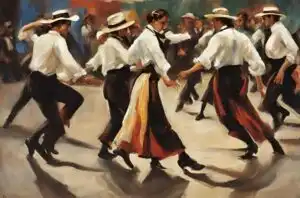
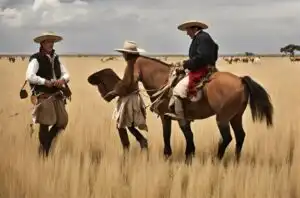







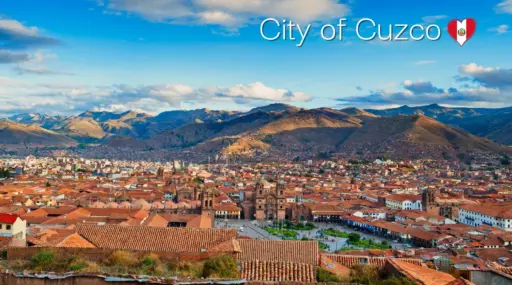

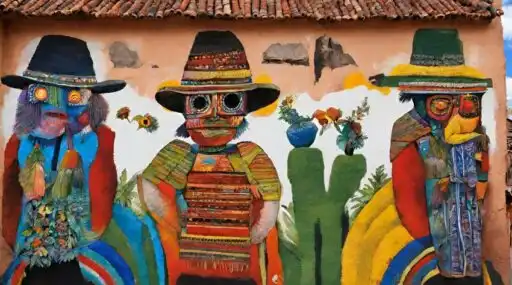


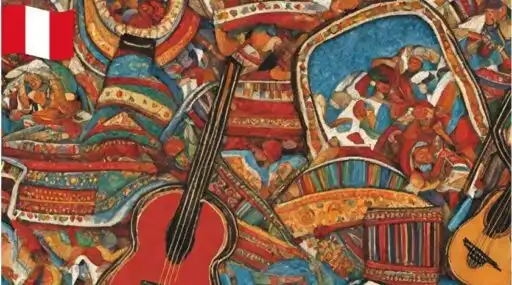



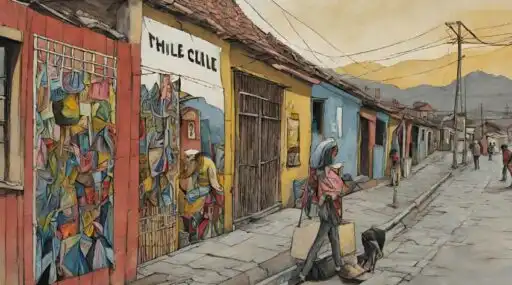
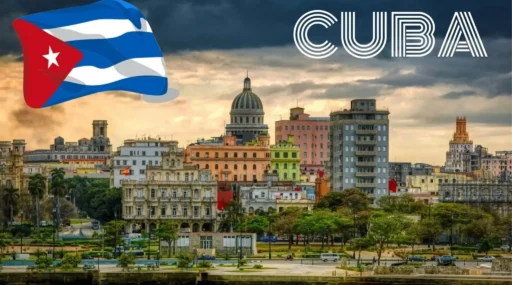
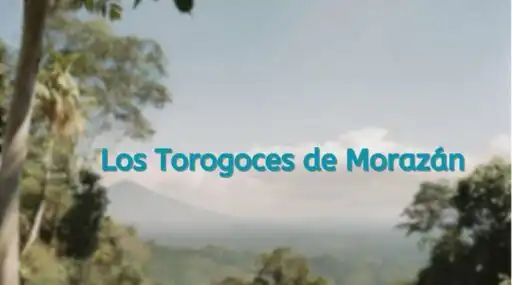
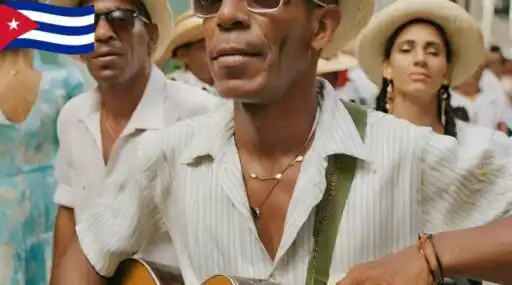











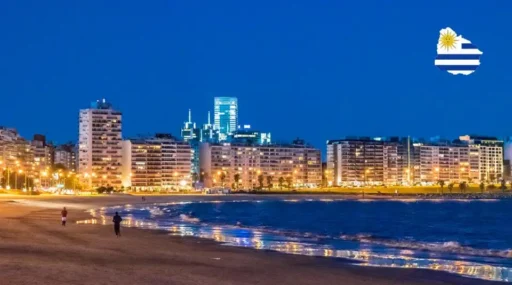
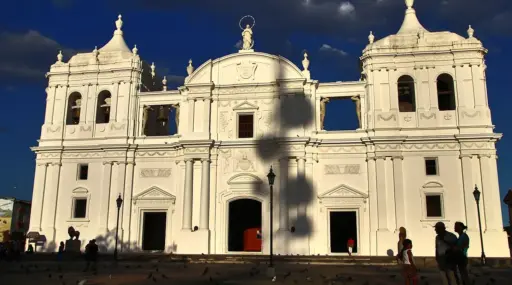

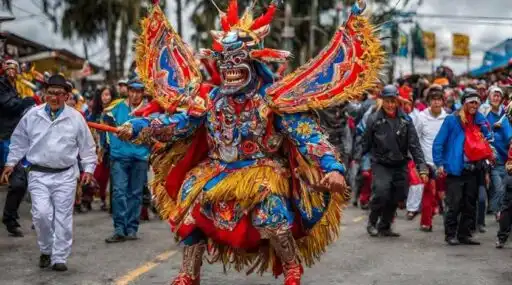


Leave a Reply